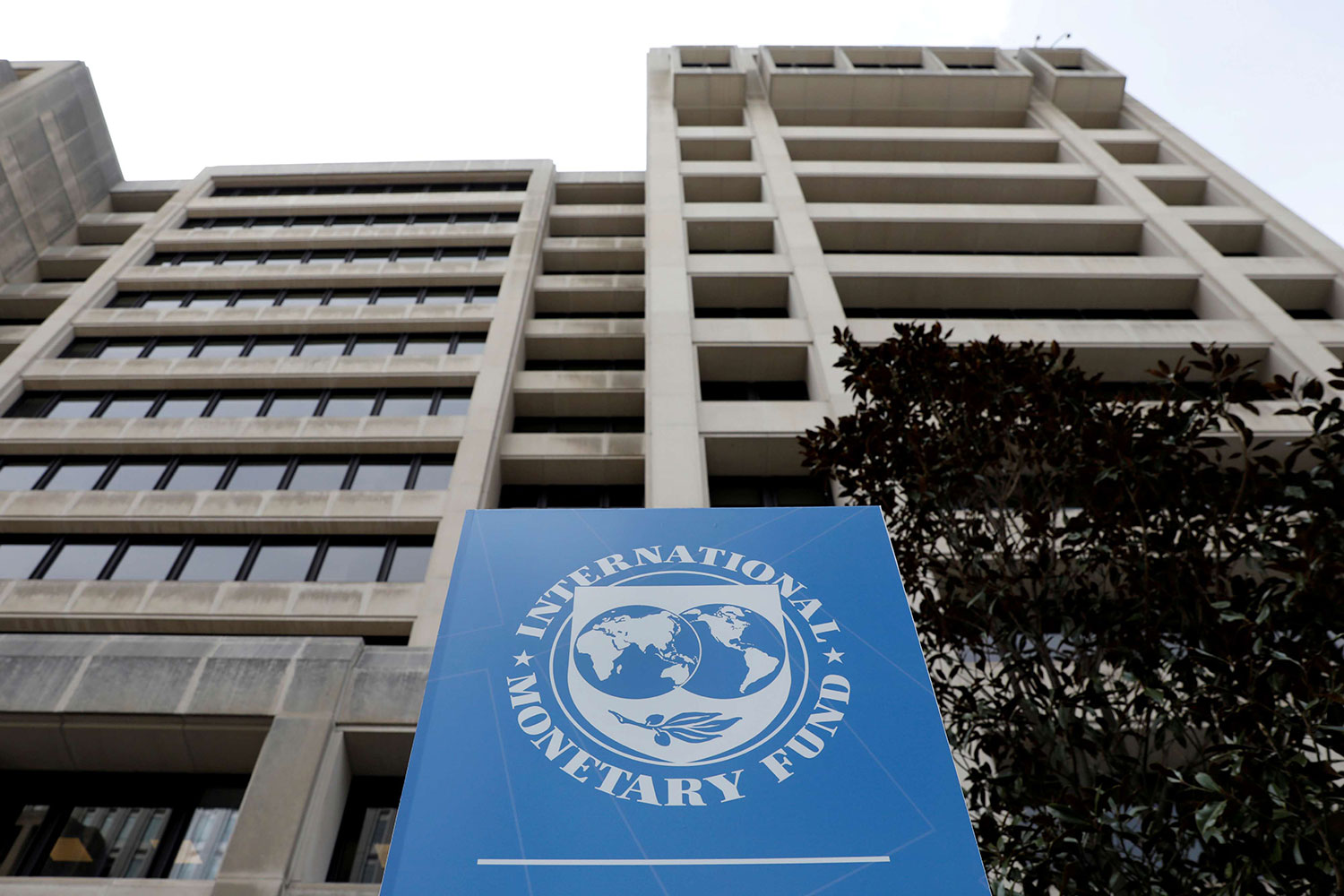The International Monetary Fund (IMF) plans to allocate $860 million for Lebanon over the next two months.
According to the Executive Director of the IMF , Mahmoud Mohieldin, the grant comes as part of a program worth $650 billion that will be distributed to 190 countries within two months.
Mohieldin’s statements came after his meeting with the President of the Lebanese Republic, Michel Aoun, who in turn stated that “after the formation of the new government, Lebanon is on the verge of implementing an economic recovery plan, and welcomes any support provided by the International Monetary Fund.”
Since the summer of 2019, Lebanon has witnessed an accelerating economic collapse, exacerbated by the horrific explosion of the Port of Beirut on August 4, and the measures to confront the Coronavirus.
In March 2020, the state defaulted on paying its foreign debts, and then began negotiations with the IMF on a recovery plan that was later suspended due to differences between the Lebanese negotiators.
The exchange rate of the Lebanese pound against the dollar fell dramatically, from 1,500 pounds to about 20,000. More than half of the population is below the poverty line, and the unemployment rate has risen.
At the same time, the international community requires the Lebanese authorities to implement urgent reforms so that the country obtains the necessary financial support to get it out of the spiral of collapse.
International financial institutions, including IMF, warned, in more than one report, that Lebanon is mired in an economic collapse that may place it among the ten worst crises in the world since the mid-nineteenth century, in the absence of any solution to bring it out of a reluctant reality exacerbated by politician paralysis.
The World Bank expects Lebanon’s real GDP to shrink by 9.5% in 2021.
Economic crisis
Lebanon is suffering the worst economic crisis since the end of the civil war (1975-1990). The crisis led to an unprecedented financial collapse, a shortage of fuel and medicine, and an increase in food prices, as well as a record high rates of poverty.
The crisis is exacerbated by political differences that prevent the formation of a new government to succeed the caretaker government headed by Hassan Diab, which resigned six days after the explosion in the port of Beirut.
Food price inflation in Lebanon continues to reach unprecedented levels, with about 72% of families failing to secure food needs.
According to the Crisis Monitor at the American University, the prices of basic commodities needed by Lebanese families registered a noticeable increase in the last week of June 2021.























































